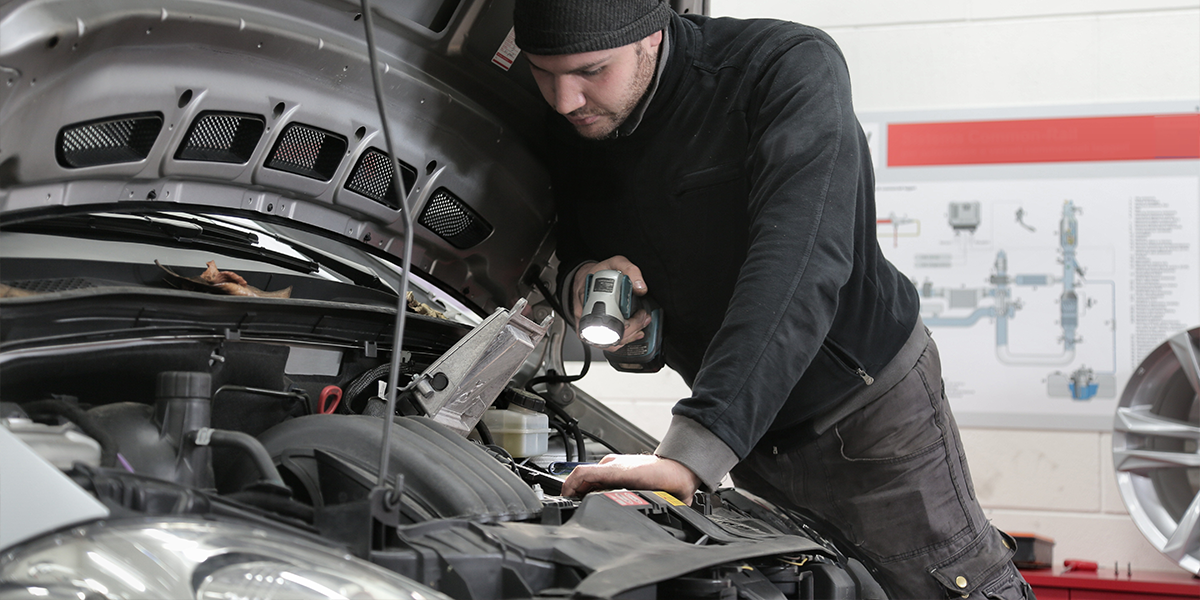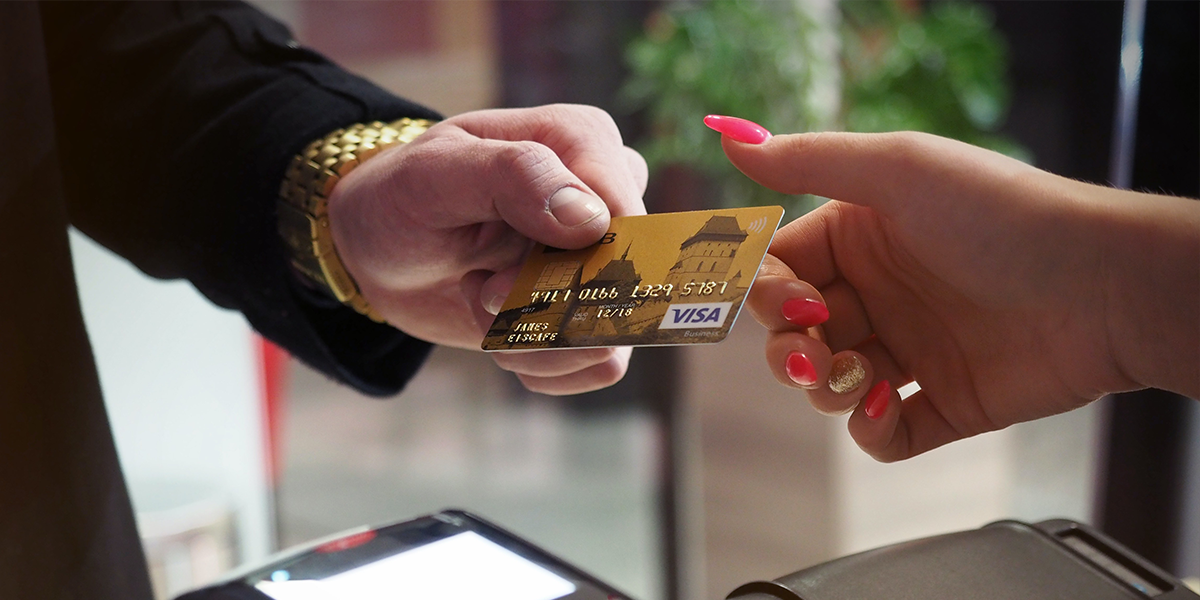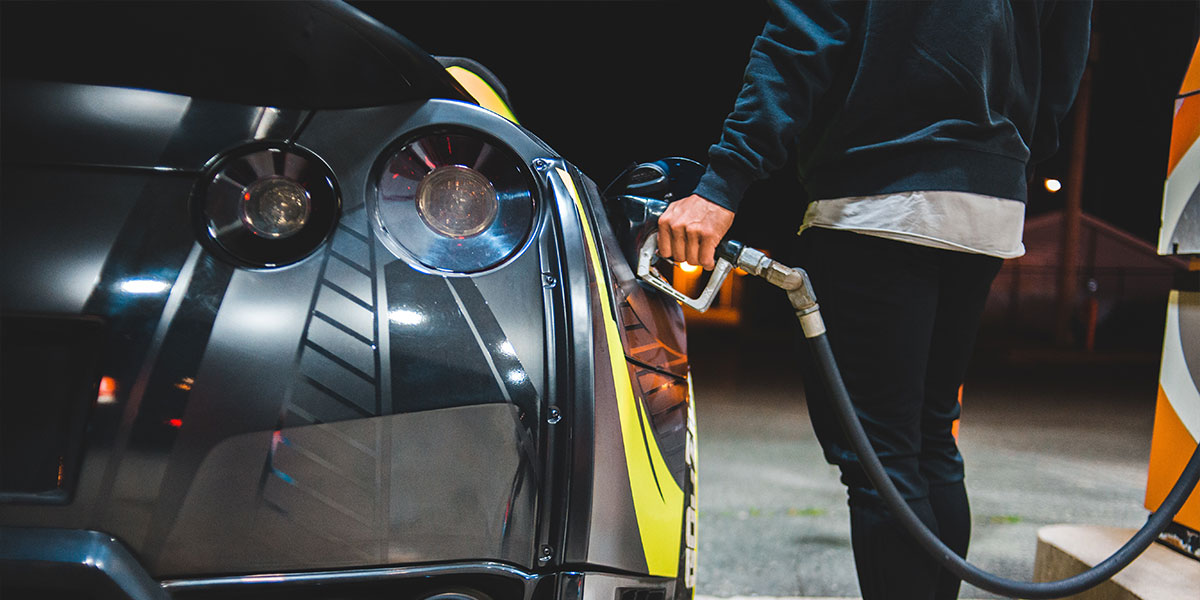Rising petrol costs have had many British motorists thinking about alternative options like LPG. So, is LPG conversion worth it? Read on as we unpack everything you need to know about LPG and answer your questions about whether it’s worth making the switch.
What is LPG?
Before we learn more about whether LPG conversion is worth it, let’s take a closer look at what LPG is. The acronym stands for liquefied petroleum gas, also known as propane gas or butane. It’s a byproduct of crude oil refining and is also made when processing of natural gas liquids. The name describes the dual characteristics of LPG. It’s stored as a clear gas but transforms into a liquid when cooled or placed under pressure.
Is LPG cheaper than petrol?
The short answer is yes. LPG typically costs around 50% less than petrol. This makes it a desirable option for motorists who tend to get sticker shock at the forecourt.
That said, you’ll need to consider the initial investment costs. Installing an LPG tank can cost between £1,500 to £2,000. Most motorists won’t start to see savings until at least a year or two after installing the tank. Though of course this depends on how much you drive and the current MPG of your vehicle.
Can I convert my car to LPG?
In general, most petrol-powered cars can be retrofitted with an LPG system. This transforms them into hybrid vehicles that can run on two types of fuel – petrol and LPG.
LPG fuel tanks are usually installed in the boot of the car. This keeps them out of the way and makes them easy to refill. As well as an LPG tank you’ll need to install new cables and fuel tubes in the car, as well as a converter.
Pros of converting to LPG
- LPG is significantly cheaper than petrol and diesel. In the long term this can reduce your running costs.
- Can be a good way to reduce CO2 emissions and minimise your carbon footprint. For this reason, “is LPG conversion worth it” is a popular question asked by eco-conscious motorists.
- LPG tanks can be installed as part of a dual-fuel system. This means you can run your car on the original fuel the engine was designed for, as well as LPG.
- LPG is a quieter fuel than diesel.
Cons of converting to LPG
- LPG fuel tank takes up boot space.
- The addition of the LPG fuel tank slightly increases the total weight of the vehicle and can have a small impact on MPG.
- LPG can be difficult to find at petrol stations.
- Road tax savings are minimal, often as low as £10 per year.
- Is LPG cheaper than petrol? Yes. However, the costs of installing an LPG tank can be high which can put off some motorists.
- LPG isn’t a popular fuel which means the government could increase levies and send prices soaring with little notice.
Upgrade to a fuel-efficient vehicle with My Car Credit
If you’re conscious of fuel efficiency, why not consider upgrading to a more modern vehicle? Newer models like the diesel-powered Peugeot 208 and petrol-powered Mazda 2 offer best-in-class MPG. Get in touch with a member of the My Car Credit team today to learn more about how to calculate car finance and discuss how options like Personal Contract Purchase (PCP) can help you get behind the wheel of a more fuel efficient vehicle.
Rates from 9.9% APR. Representative APR 12.4%
Evolution Funding Ltd T/A My Car Credit
Require more help?
Got a question you can’t find the answer to, or need some advice and guidance around taking out car finance? Our Car Credit Specialists are friendly, experienced, and here to help so get in touch today!









